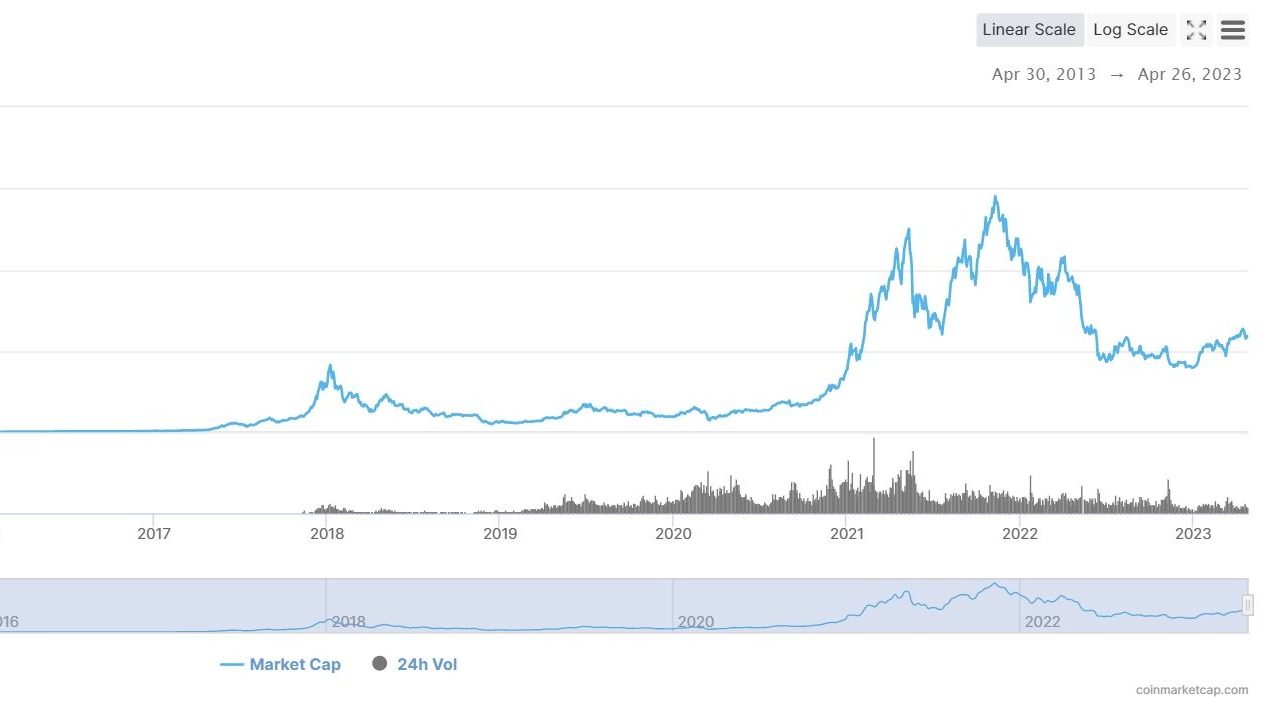With MiCA having passed in the European Parliament last week, the EU looks set to be the first region, globally, to have a comprehensive framework of crypto regulation in place. The rules won’t take effect until 2024, and in the meantime, crypto industry players are preparing to be compliant.
To get an insight into what these preparations entail, and what the future for crypto now looks like under MiCA, in the EU and more widely, Finance Magnates spoke to Jack Ehlers, the Chief Operating Officer and General Manager for Europe at Bitstamp, which was this month recognized by the digital asset data provider, CCData as the world’s top-rated centralized crypto exchange.
The Practicalities
According to Ehlers, the next steps for companies operating under MiCA “really depend on where you are in your licensing journey as a business.”
While compliance may be an arduous task for newcomers not yet operating under a license, for an organization like Bitstamp, the situation is different.
“The big core of MiCA now – and also the VASP [Virtual Asset Service Provider] registrations before it – is that they impose AML [Anti Money Laundering] requirements. Those have been in place and we've been operating under those since 2016, so a big chunk of that is we already knew this. If you're another business that doesn't have that, it’s a big effort to build.”
There are more significant changes in the new requirements around whitepapers. MiCA stipulates that crypto asset issuers must provide standardized whitepapers giving substantial details of project and issuer, and Ehlers explained:
“The exchange will also have an obligation to make sure that their investors or people considering buying their digital assets have access to that [information].”
Accordingly, there are benefits to this way of working
“that will be better for us when we do due diligence on new crypto assets that we would offer. We do a handful a year, at least, and we will have that white paper now that gives us a lot more detail of who's behind [a project], and what the intent of it is.”
Ehlers also emphasized that there are other regulatory routes besides MiCA, operating concurrently:
“You can do MiCA or you can do another license, like a MiFID [Markets in Financial Instruments Directive] license or a bank license, and simply use those requirements that have been developed over decades or a long time, and use that as the basis of your service and notify the local regulators later. There are choices for companies.”
Surmounting 2022

As is well known, 2022 was a calamitous year for crypto, culminating in the collapse of FTX. Speaking on this issue, Ehlers explained that while it was a “horrible” year, “the question for me is not how bad was it, but is it surmountable”. What’s more, he doesn’t believe that MiCA’s contents were informed by events at FTX, as, “by that time in November when [FTX] collapsed, the bill had already been basically written and it was up for final reconciliation or the final vote.”
He is positive that MiCA is bringing a new set of standards to the crypto industry.
“It really does have the kind of teeth that you need in financial services regulation or the crypto industry. It's going to bring us up to that same bar. What we've been able to show the banking industry or other institutional clients is that we're at a standard of AML that is equivalent to a bank.”
Can MiCA Exert Influence Worldwide?
There has been discussion as to whether MiCA might set a template to be followed worldwide, but it seems that attitudes to crypto vary according to region. When it comes to the US, Ehlers recalls a US congressional delegation visiting Brussels earlier this year, ostensibly to learn about MiCA. However, the reality of the visit was a little different.
“It really wasn't about [MiCA]. The conversation was, what's the purpose of crypto? What's the purpose of blockchain? Those were the initial questions that came out of the US staffers here, tell us again, what are the big purposes and benefits? So there's still a lot of skepticism.”
Trouble in (crypto) paradise 🏖️As the EU is finalising the process to give the block a common regulation on cryptos (our beloved #MiCA), the US is facing a time of great regulatory uncertainty.What is going on the other side of the Atlantic?👇🧵
— Blockchain for Europe (@BlockchainforEU) April 25, 2023
Ehlers is hesitant as to whether MiCA might create a universal standard, but he believes
“Maybe it's something more like AML, where you have the Financial Action Task Force, which is more of an intergovernmental body that sets standards, and then asks the countries of the world to implement these standards because the whole world wanted to get rid of money laundering and terrorist finance."
"You had to have that intergovernmental group, so maybe we could start to foresee that there's this kind of standard-setting body around crypto internationally.”
The Future of Crypto
As for the long-term future of crypto, Ehlers identified that: “There's this melding of traditional finance and crypto that's just inevitable.”
He’s also adamant that recent banking failures in the US, at Silvergate Bank, Silicon Valley Bank, and Signature Bank, are not the fault of crypto, despite some observers making that connection and explained: “Those are very traditional banking failures. The FDIC went in front of Congress saying the same thing, these were basic bread-and-butter kind of failures.”
Correspondingly, he identifies no banking problems for crypto in Europe and stated: “Once you have that MiCA license, that starts to really prove and show to a bank that you're at an equivalent standard. There's really no reason that they could say you're more risky or don't have controls.”
And, with twelve to eighteen months to prepare for the various aspects of MiCA, Ehlers emphasized that: “We have plenty of time to get things ready,” and, “overall, this is very, very good for the industry,” while observing at the same time that, “nobody’s standing still on this.”






















